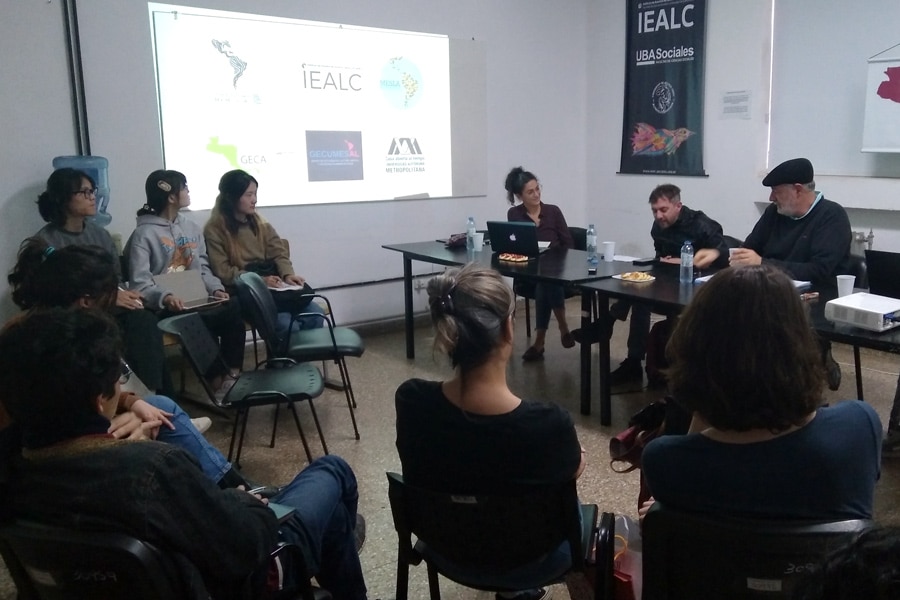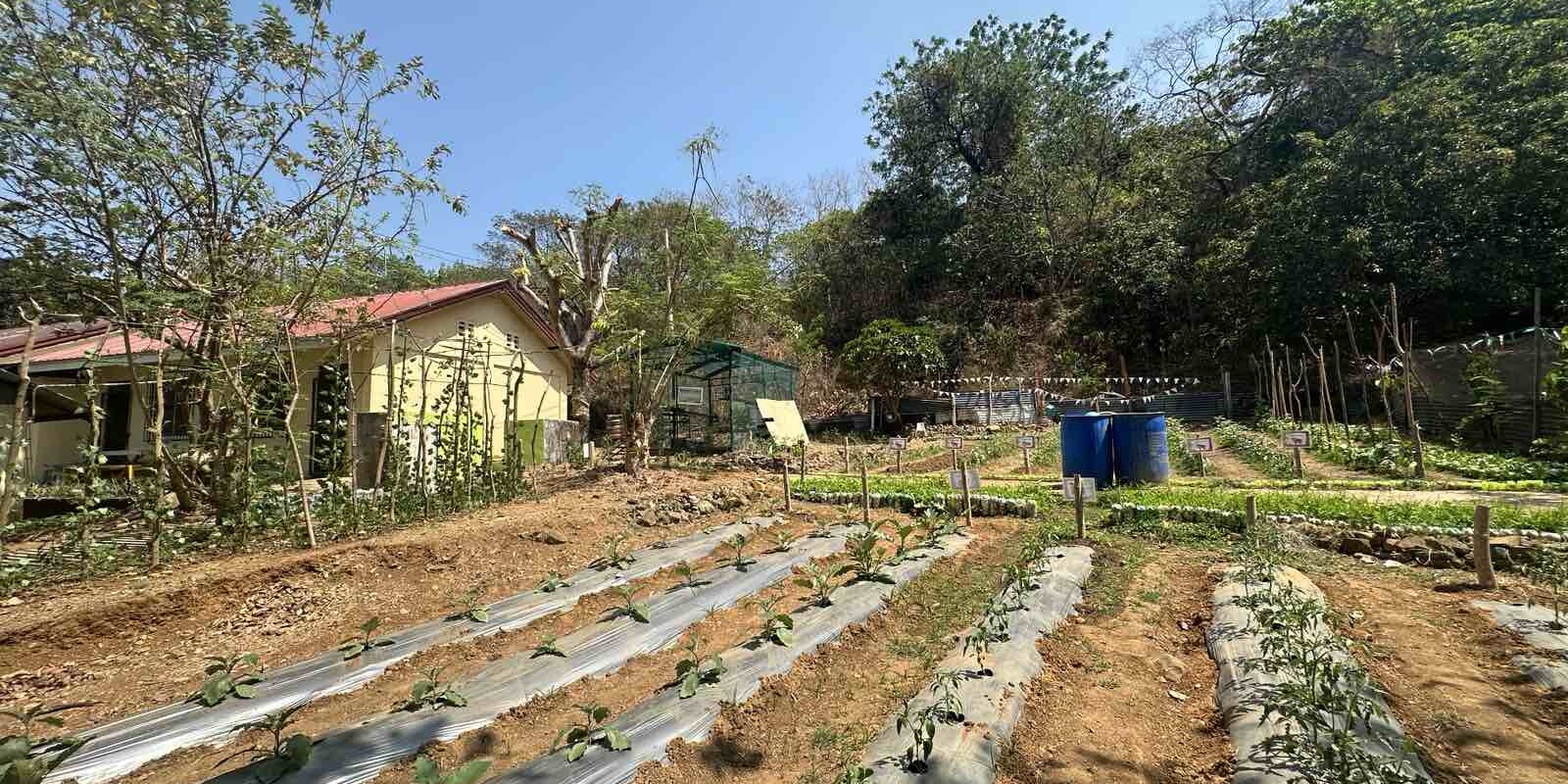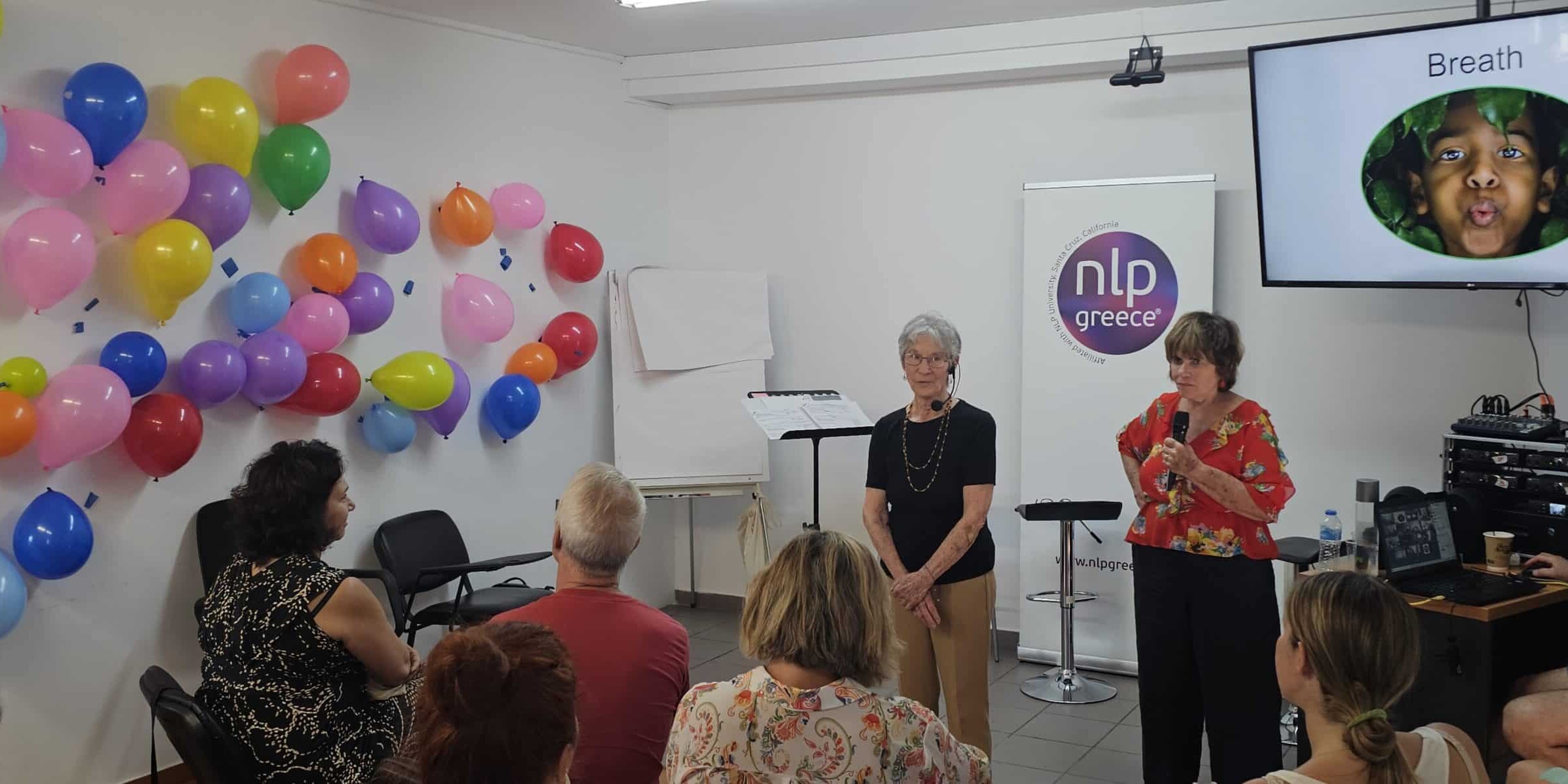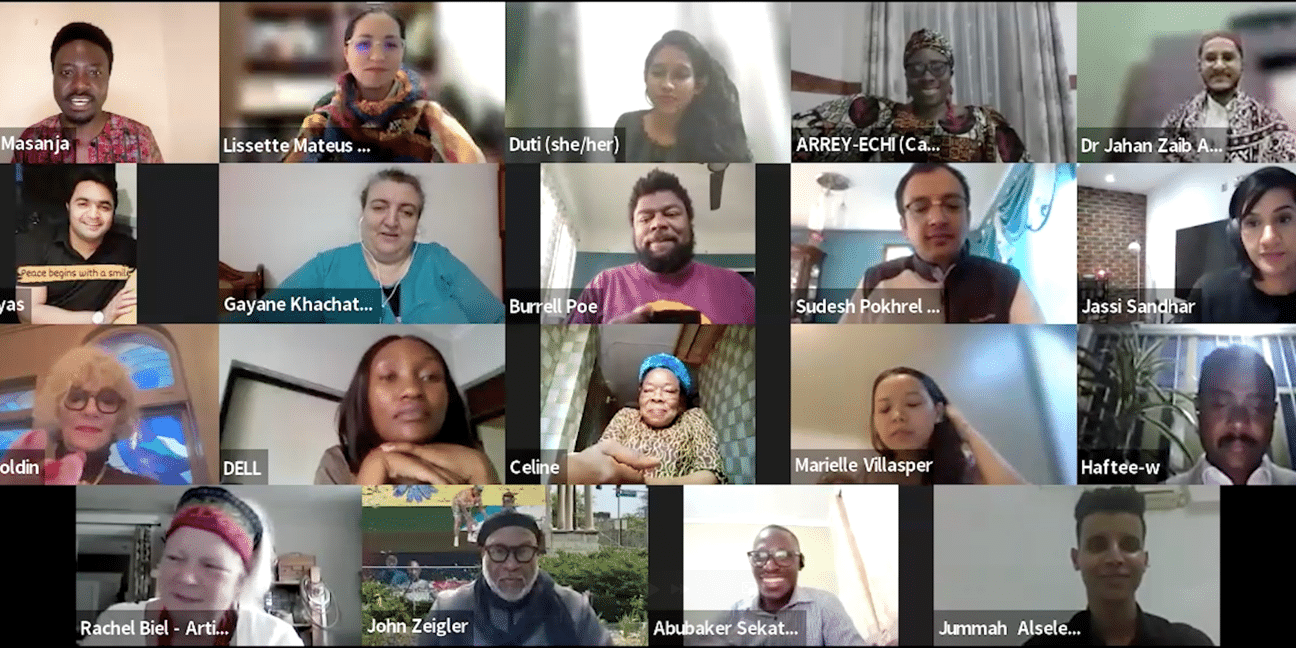By Diana Rocio Gomez Torres, 2022 Goldin Global Fellow, Argentina
Last Thursday, August 25, we held the discussion “Social Movements and State Violence: past and present” organized by Trenzar Memorias, Memory and Culture Network in Latin America and the Caribbean. The discussion took place at the Institute for Latin American and Caribbean Studies (IEALC), attached to the University of Buenos Aires in Argentina. We set ourselves two objectives: first, to discuss the role played by the indigenous movements of the Andean region of Latin America and to evaluate the repression that the State carried out against the Guatemalan indigenous people during the 1980s. Second, to discuss the social mobilizations that have taken place in Chile and Colombia between 2019 and 2021, as well as evaluating the place of the State and its response to these mobilizations.
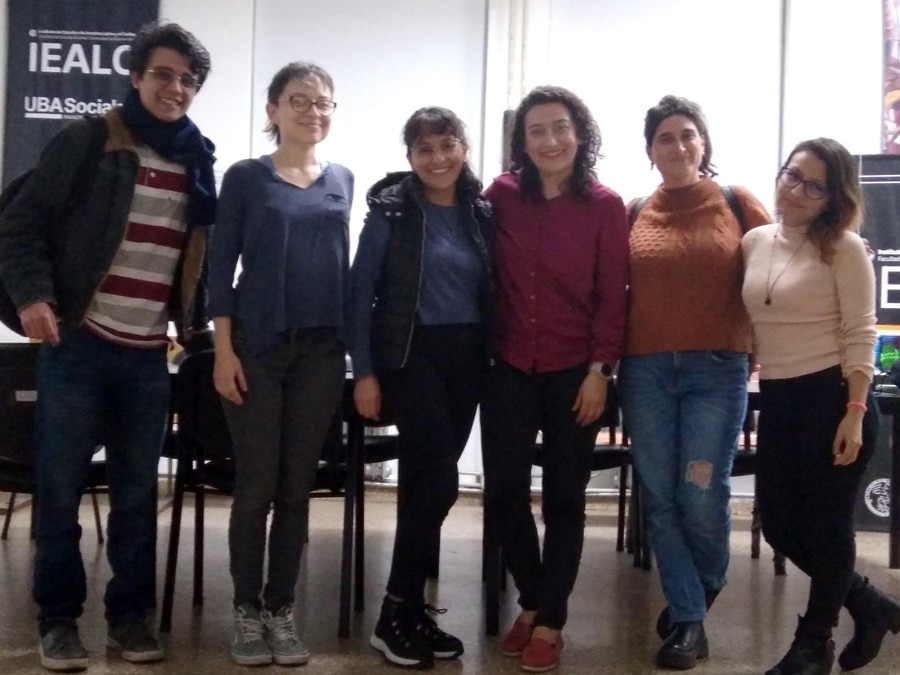
The discussion ‘Social Movements and State Violence: Past and Present’ is of interest to the academic community and to Latin American society in general because it allows us to reflect on the reconstruction of our recent past and find democratic solutions to the social crises of our present. — Diana Rocio Gomez Torres, 2022 Goldin Global Fellow, Argentina
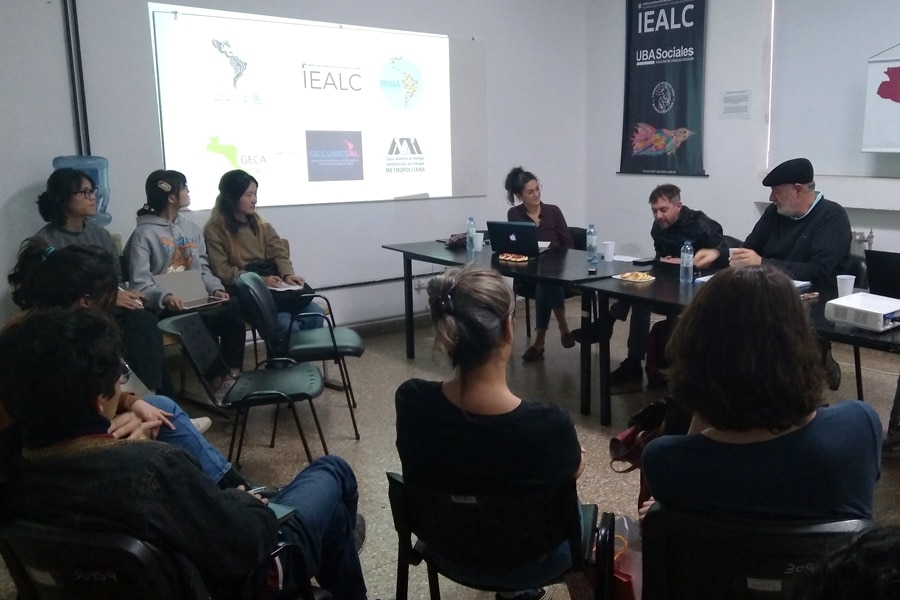
As Trenzar Memorias, we wanted to discuss the emergence of social movements in different countries of the region and the political changes that have been generated in recent years. We believe that reflection and visibility of the history and memory of these social movements are necessary, as well as the strategies of symbolic resistance that are facilitated by our cultures.
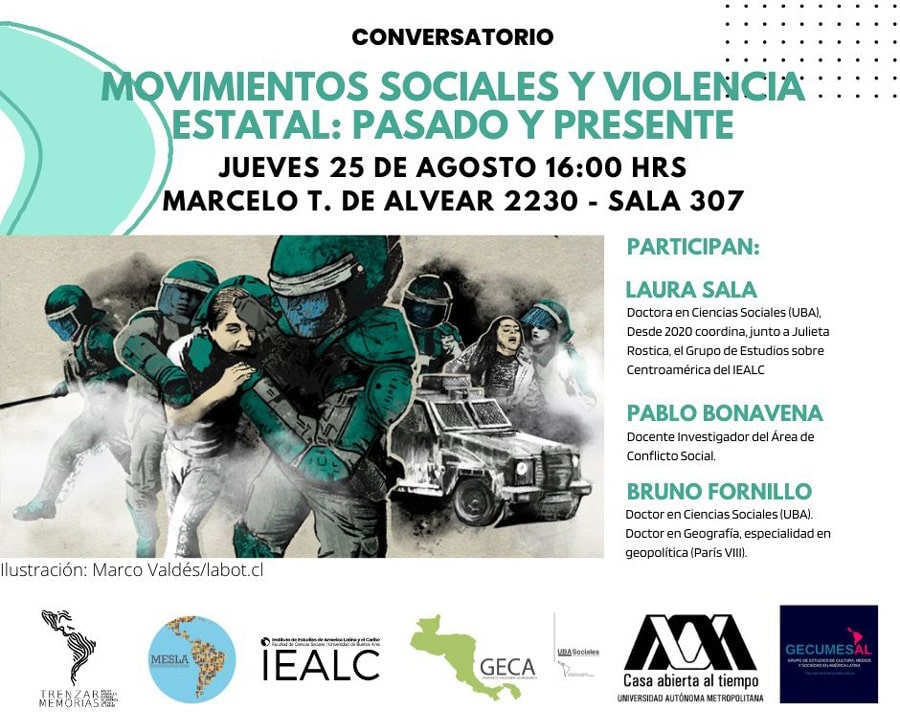
In the discussion we had the participation of three scholars who have researched the characteristics of social movements and State violence against civilian populations. Dr. Laura Sala spoke to us about the role of the State in the Guatemalan genocide. Dr. Pablo Bonavena established the relationships between the State and Social Movements throughout the history of the 20th century in Latin America. And finally, Dr. Bruno Fornillo spoke about the Indigenous movements of Ecuador, Mexico and Bolivia. and their actions during the 20th and 21st centuries.
One of the conclusions of the conversation is focused on characterizing the relations between the State and social movements, which can be understood using ‘Pacification theory’, which guides the actions of the State and also accounts for the limits of its domination when a revolt or social outburst arises. It is through this ‘pacification’ that the State builds mechanisms of domination over citizens to make social injustice tolerable. In this way, when social movements arise that claim new demands or the expansion of social or economic rights, that ‘pacification’ is called into question; and so the State’s response is violent and repressive. That is to say, the emergence of social movements shows a crisis between the domination of the State and an intolerance for social injustice that until that point was allowed. Hence, the need to silence those dissenting voices of the leaders of social movements by the State, or the need to sit down and discuss the construction of a new margin of tolerance of social injustice with these actors.
To hold the event, we had the institutional support of various academic entities such as the Autonomous Metropolitan University of Mexico, the master’s degree in Social Studies in Latin America (MESLA), the Study Group on Culture and Media in Latin America (GECUMESAL), the Institute of Studies on Latin America and the Caribbean (IEALC), the Group of Studies on Central America; the latter four belonging to the University of Buenos Aires in Argentina.
The discussion is related to the dossier proposed for our third magazine Trenzar Memorias, which bears the same title “Social movements and state violence: past and present.” In the following link you can find more information about the Network https://trenzarmemorias.org/
Author
-
Travis Rejman is the founding Executive Director of the Goldin Institute, a global non-profit based in Chicago that has inspired, equipped and connected grassroots leaders in over 50 countries over the last twenty years. Bio
View all posts
